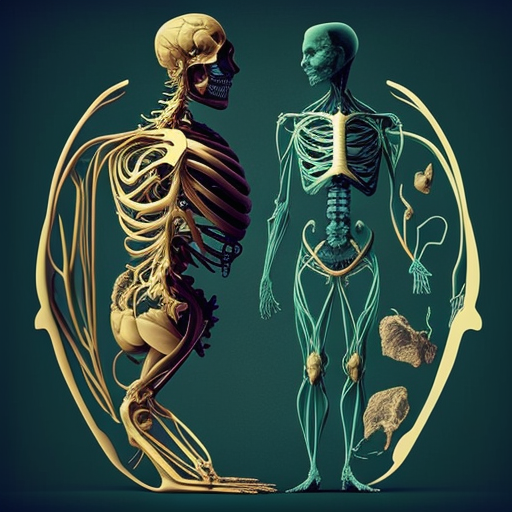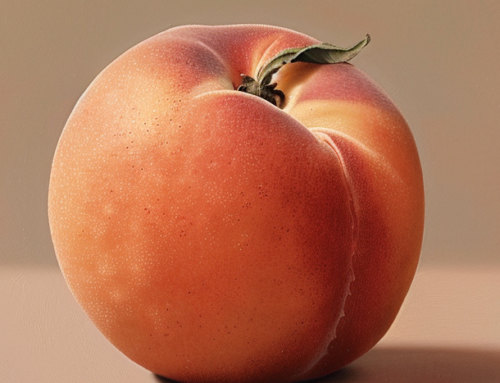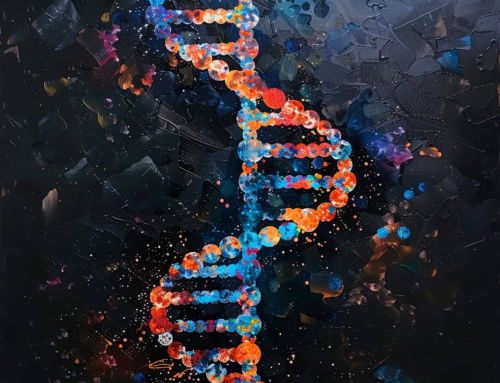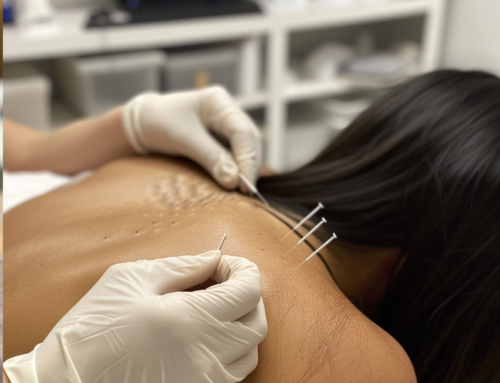New research suggests that aging may not be a one-way street of deterioration and loss of function.
Recent studies show that biological age can change rapidly in both directions. While the classic view of aging sees it as a steady accumulation of damage and decline leading to poor health and eventual death, new evidence points to the possibility of age reversal.
In the study, researchers found that young mice’s biological age increased through a process called heterochronic parabiosis, where they were surgically joined with older mice and then decreased again after separation. This suggests that biological age is a fluid concept that can change quickly and in response to various forms of stress.
The researchers also observed temporary changes in biological age during significant life events such as major surgeries, pregnancy, and severe COVID-19 in both mice and humans. This suggests that stress can increase biological age but that it can be reversed as the body recovers.
This research highlights a new layer of aging dynamics that may be important for future studies. It also opens up new possibilities for interventions that target the elevation of biological age by stress as a measurable and treatable target.
Can we delay ageing simply by stressing less? Yes, we can.
References:
Poganik JR, Zhang B, Baht GS, Tyshkovskiy A, Deik A, Kerepesi C, Yim SH, Lu AT, Haghani A, Gong T, Hedman AM, Andolf E, Pershagen G, Almqvist C, Clish CB, Horvath S, White JP, Gladyshev VN. Biological age is increased by stress and restored upon recovery. Cell Metab. 2023 Apr 4:S1550-4131(23)00093-1. doi: 10.1016/j.cmet.2023.03.015. Epub ahead of print. PMID: 37086720.








Leave A Comment